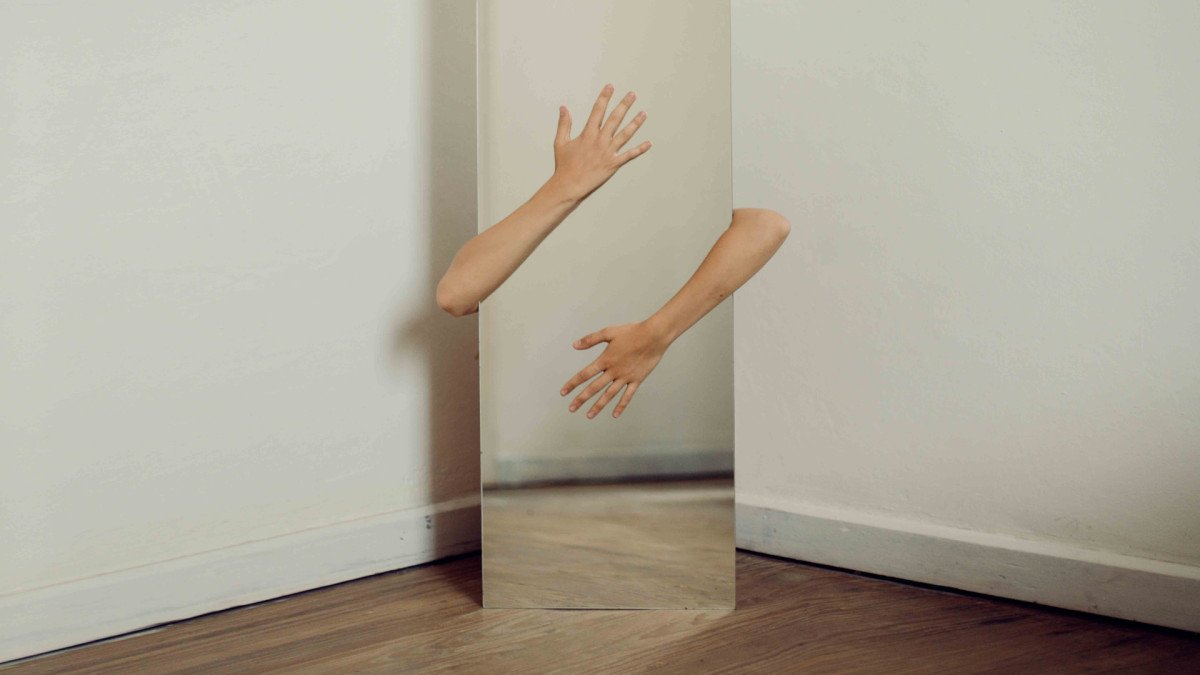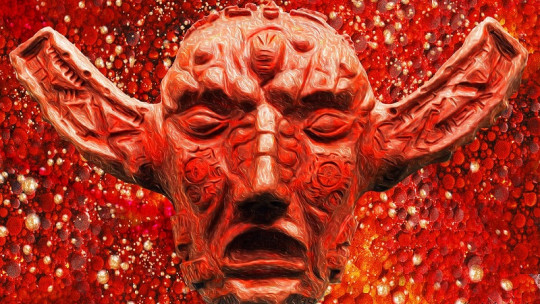
“Everything that resists, persists. What is accepted is transformed” C. Gustav Jung. In our society, we are constantly encouraged to be strong, successful and positive. However, this pressure to show only our virtues and strengths can lead us to repress essential aspects of our personality: our limitations, weaknesses and fears, what the Swiss psychologist Carl Gustav Jung called “the shadow”.
A favorable path for our personal development is to lean on our strengths and accept and transform our shadow. In this article, we will explore what the shadow is, why accepting it is key, and how this act of acceptance can profoundly transform us.
What is shadow?
Carl Gustav Jung introduced the concept of the shadow to refer to the aspects of our personality that we prefer to hide or deny and that remain hidden in our unconscious. The shadow includes characteristics, impulses and behaviors that we consider unacceptable or shameful, both personally and socially. It can range from emotions such as anger and fear, to aspects of our identity that do not fit with our ideal and social self-image.
For Jung, shadow is not inherently negative; It is simply the part of us that remains in the dark, outside the light of our consciousness. Ignoring or repressing the shadow can lead to internal dissonance and self-deception, impeding our personal and emotional growth.
Weaknesses, limitations and fears are an integral part of the human experience. We all face internal obstacles that challenge us. Some of our weaknesses may be a lack of self-confidence, doubting our abilities and avoiding taking risks necessary for our growth. Others may have to do with postponing important tasks, which may be a manifestation of fear of failure or not being good enough.
They can also be related to our insecurities, not feeling enough compared to others or our ideal self-image, which can undermine our self-esteem. Fears, on the other hand, are usually deeply rooted in us. They can include fear of rejection, failure, loneliness, or even success. These fears can unfavorably influence our decisions and actions if we do not recognize and confront them.

How is our shadow formed?
The shadow is formed throughout our lives, starting in childhood. From a young age, we learn what behaviors, emotions, and thoughts are acceptable to our family, community, and culture. Those aspects of us that do not conform to these norms are repressed and relegated to that dark part of the unconscious. For example:
How do we identify our shadow?
Having repressed and hidden these aspects in the dark part of the unconscious, they remain outside our conscious mind. So our shadow only becomes visible through the behaviors and traits of others. That is to say, Since we deny them and do not accept them, we cannot see them in ourselves. Therefore, we project them onto others and perceive them through others.
To identify our shadow, it is essential to pay attention to our most intense emotional reactions. When we respond disproportionately to a situation or person that, objectively, does not warrant it, we are likely projecting aspects of our shadow onto them.
We can also reflect on our criticisms and observe what or who we criticize or judge. The qualities that bother us in others may be a reflection of repressed aspects of our own personality. This self-observation exercise can be revealing and help us identify recurring patterns in our judgments towards others.
Likewise, it is important to explore our repressed emotions and identify those that we tend to suppress, such as anger, envy or fear. These emotions can be key to discovering parts of our shadow that we have kept hidden because we consider them unacceptable or shameful. By being aware of these projections and reflecting on them, we can begin to integrate our shadow into our consciousness.

The importance of accepting our shadow
Accepting our shadow is a crucial step towards wholeness and authenticity. When we accept and embrace our weaknesses, limitations, and fears, we begin a process of self-acceptance that can free us from self-criticism and self-judgment. This act of acceptance does not imply resigning ourselves to our weaknesses, but rather recognizing them as legitimate parts of our humanity and showing ourselves more authentically from the reality of who we are as a whole, with our lights and our shadows.
Accepting the shadow also allows us to feel freer, to be more compassionate with ourselves and with others. By recognizing that we all have dark sides, we can develop deeper empathy and a greater ability to forgive, both for ourselves and others. In addition, it helps us build more authentic and meaningful relationships, since it allows us to show ourselves as we are to others, without masks or pretensions.
Transformation through acceptance
Acceptance of the shadow not only frees us, but also has the power to transform us. Jung believed that by integrating the shadow into our consciousness, we can access greater fulfillment and creativity. This integration process can lead to a greater understanding of ourselves and our true desires and motivations.
When we recognize, embrace and accept our shadows, we can begin to work with them instead of against them. This may include allowing ourselves to feel and express emotions such as sadness, anger or fear, rather than repressing them, which is a deeply liberating act.
Another way is to identify and be aware of our negative patterns, as that is when we can begin to change them. So that, Developing greater acceptance, accepting ourselves as we are, with all our imperfections, is a crucial step towards greater self-esteem and emotional well-being.
Final reflection
What parts of yourself have you been avoiding or denying? How could you begin to accept and work with these aspects instead of fighting against them? Delving into the exploration of our shadow is an act of courage and honesty. The invitation is to look at ourselves with compassionate eyes and recognize that, by accepting our shadows, we give ourselves the opportunity to live more authentically and fully.
Accepting our shadow is not a sign of weakness, but of strength. It is an act of self-love and an essential step toward true integrity. As Jung said, “One does not become enlightened by imagining figures of light, but by making darkness conscious.”. By embracing our shadows, we light our path to a richer, more authentic life.









